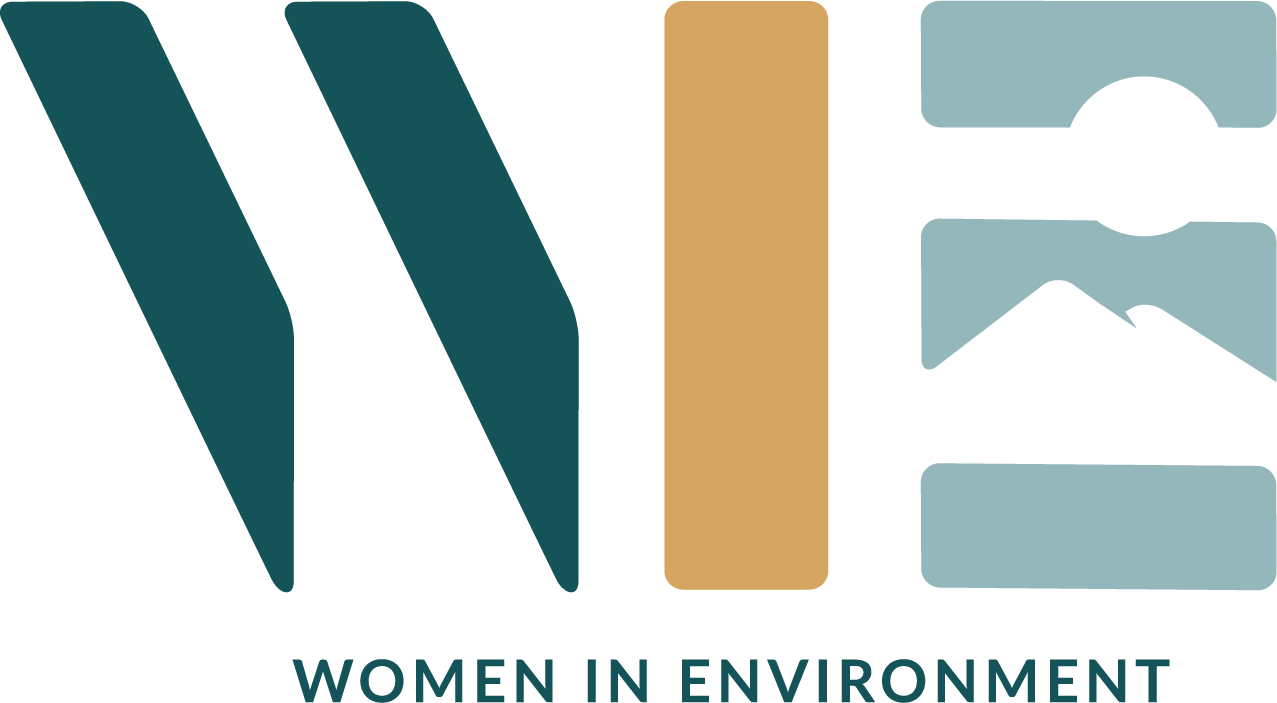I Like My Coffee Like I Like My Career... Environmentally Conscious
Coffee–it’s the first thing on our minds when we wake up.
On hectic days, it feels like pouring a fresh cup of coffee is the only justifiable reason to break eye contact with the computer screen.
The social center of any office is near the coffee pot where co-workers gather to discuss, what else, coffee (As anyone in a traditional office setting can attest, the ubiquitousness of coffee talk among co-workers is second only to weather talk).
While our lives, or at least our work lives, are so vastly impacted by this magical bean-water drink, do we ever stop to think about what its other, greater, impacts might be? As professionals working in environmental fields, it is only natural that we ruminate on the environmental consequences of coffee.
Globally, coffee is consumed at a rate of 400 billion cups per year and this goliath of an industry has a major environmental impact. Truth be told, my knowledge of coffee supply chain is limited to what I glean from squinting at the miniature array of certification logos on the coffee bags lining the shelves at New Seasons. Hmm, this one has a smiling tree frog logo, so it MUST be good. Luckily, I know a sustainable coffee expert. My good friend Sara Becerra recently visited the Pacific Northwest to attend the Global Specialty Coffee Expo in Seattle. Sara was born and raised in Colombia, a country famous for its coffee. Sara and I met in graduate school where we both majored in environmental science. Currently, she resides in El Salvador where she works as Assistant to the CEO at CLAC, the Network that gathers and represents all Fairtrade certified small producers’ organizations and workers associations in the Latin American and Caribbean region.
Sara and I met up in Portland over a cocktail to discuss Fair Trade certifications and the environmental impacts of coffee (in retrospect, I realize it would have been more apropos to have this interview over coffee, but when college friends are in town, you cocktail!).
Rachel: What is Fair Trade?
Sara: Fair trade is a global social movement that promotes responsible and sustainable production-trade patterns and development opportunities for small farmers. It is a business model that centers human life, as well as social, economic and environmental sustainability of societies.
R: What is the importance of coffee for small farmers?
S: The majority of coffee producers are small farmers from about 80 countries in Latin American, the Caribbean, Africa, and Asia. For most of these farmers, coffee is the main source of income.
R: What impact does the coffee industry have on the environment?
S: Greenhouse gas (GHG) emissions from coffee harvesting result from deforestation (mainly in the case of big plantations, not small producers) and poor agricultural practices. Poor agricultural practices can increase the water footprint, in terms of both quality (because of the use of nitrogen fertilizers and chemical pesticides, for example) and quantity (when coffee is not planted in the shade and thus requires more irrigation). Likewise, many farmers do not manage the soil well, causing permanent degradation of the land. It is important to look at the global supply chain when considering the environmental impact of coffee. Transportation, trading, processing of the green coffee beans, catering, retail, and consumption also produce GHG emissions. Furthermore, the international markets, rather than the countries growing the coffee beans, are ultimately the main drivers of the demand for coffee.
R: What can everyday people do to consume coffee more sustainably?
S: There are many Fair Trade products at local stores. Don’t just buy any coffee, make sure to check the labels in the back and have an understanding of what they mean: some promote bird-friendly, organic and environmentally friendly products; others, such as the Fairtrade organization, focus on human life, in addition to the social, economic and environmental sustainability, dignifying work, respecting the environment and promoting responsible and sustainable management of natural resources. Also, try to support and consume coffee at local coffee shops, which typically source their coffee from traceable supply chains. For example, at a coffee shop in SE Portland, I noticed they listed the producer’s names right on the back of the coffee bags. I thought that was wonderful.
My takeaway is: Coffee impacts so much of what we do at work, why not apply the environmental thinking we use at work to our coffee selection? Perhaps the next coffee conversation at your office could be about where your office is procuring its coffee and if your team is willing to switch to a brand that is Fairtrade certified. The environmental impact of each cup of coffee can be changed by choosing ethical sources. Many thanks to my lovely friend Sara Becerra for “talking shop” with me on her vacation time!
